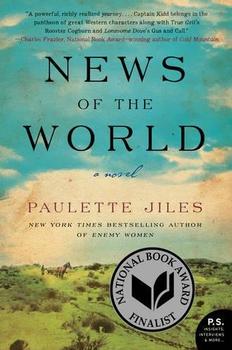Doris Dillon says that Johanna is "carried away on the flood of the world...not real and not not-real." She describes her as having "been through two creations" and "forever falling." Do you agree with her assessment? Does Johanna remain this way through the course of the novel?



